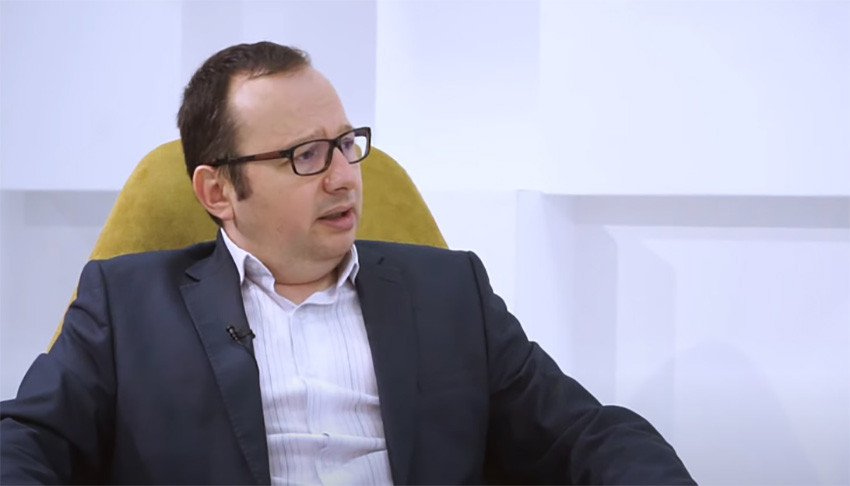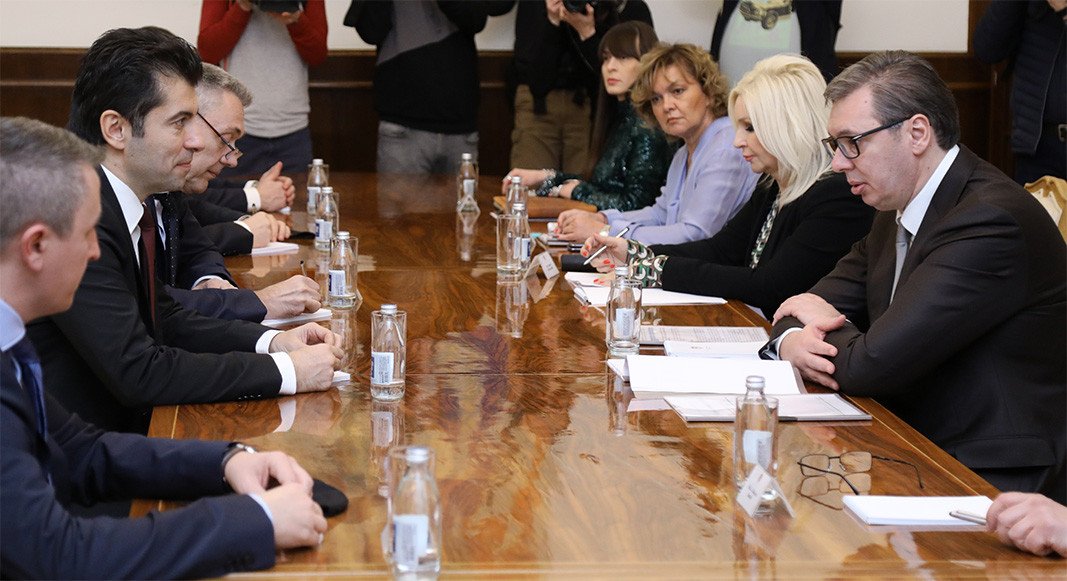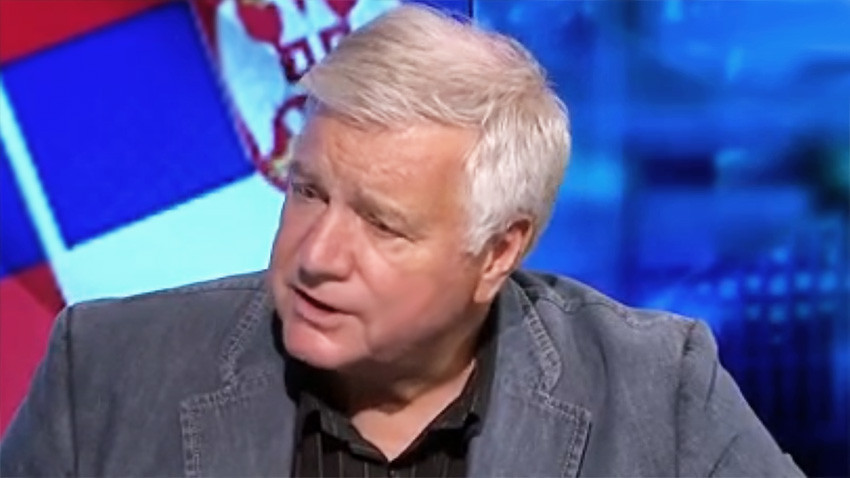Bulgaria’s Prime Minister Kiril Petkov paid two Balkan visits at the start of the year. After visiting Skopje on 18 January, on 8 February he paid a visit to Belgrade. This focus by the new government of Bulgaria on the neighbouring countries of the region can be read as a bid that the country will endeavor to regain its leading role regarding the European integration of the Western Balkans.
“It is an attempt to restore the credibility Bulgaria had amassed during the country’s Presidency of the Council of the EU in 2018, to make a comeback as an active EU partner in the region and to act as transmitter of the messages Europe wants to convey. You know that the situation in the region is very complex because of several critical points in it, and for this reason Bulgaria stands every chance of making a comeback as a serious player alongside Croatia, Greece and Romania,” journalist and analyst of Balkan policies Nikolay Krastev said in an interview for public service TV BNT.

PM Petkov assured the Serbian side of Bulgaria’s support for Serbia’s European integration though there are several stumbling blocks along the way.
“The stumbling blocks are Kosovo, regional security, Bosnia and Herzegovina, the declining trust in the EU also belongs here,” Nikolay Krastev says. Energy and transport connectivity are the two important items on the agenda of Bulgarian-Serbian relations.
“The better Bulgaria is connected with the countries of the Western Balkans, the more weight it can carry in regional security and geography,” the analyst says. For there to be stability and independence in the sphere of energy, Bulgaria and Serbia need to try to pool their gas consumption volumes. This will mean they can enter the energy markets together and, buying bigger volumes, can obtain better prices. This was made clear after the meetings the Bulgarian delegation held in Belgrade.
Energy cooperation was the main item on the agenda of the meeting PM Kiril Petkov had with Serbia’s President Aleksandar Vučić. “We discussed economic issues of mutual interest,” Aleksandar Vučić said after the meeting. According to him, the Balkan Stream gas pipeline is essential to cooperation and the development of the region, and the beginning of the gas interconnector near Caribrod (Dimitrovgrad) will guarantee gas supplies and will diversify the sources of supply.

Kiril Petkov and Aleksandar Vučić stated that completing the construction of the Bulgaria-Greece and Bulgaria-Serbia interconnectors will contribute to the region’s improved energy stability. When we talk about Bulgaria’s policy towards Serbia, there is one particular issue that comes to the fore – the problems of the Bulgarian minority there, concentrated in an economically deprived part of the country close to the Bulgaria-Serbia border. After a meeting between the two prime ministers it was announced they would keep in direct contact on the problems of Bulgarians in Serbia. Will this direct telephone line be enough?
“The fact that our national minority is being discussed is a good thing,” Nikolay Koev, long-time correspondent of the Bulgarian news agency BTA in Belgrade says in an interview for the BNR. In his words, the policy regarding our compatriots there is in ebbs and flows.

“But on the whole, the part of Serbia where the ethnic Bulgarians live is neglected, economy-wise as well as socially. The demographic problem is also very severe, but the fault here does not lie solely with the Serbian side which, for a long time left this part of the country to deteriorate. There have been signs of progress of late, of a more realistic policy benefiting the Bulgarians living there. But what is lacking is a targeted policy for protecting the rights of Bulgarians there, for coordinating these actions with the Serbian side which, to tell the truth, has been giving indications of its willingness to impact the lives of the minorities.”
Interviews by Diana Yankulova, Horizont channel, BNR and Joana Levieva-Sawyer, BNT
Editing by Elena Karkalanova
Photos: BGNES, library
Bulgaria’s Parliament failed to hold a session for the third consecutive day due to a lack of quorum. As a result, the scheduled parliamentary control, usually held every Friday, was also cancelled. Only 29 MPs from We Continue the Change –..
Bulgaria’s Parliament failed to hold a session on October 15. "The next session is tomorrow at 9 a.m.", announced National Assembly Speaker Natalia Kiselova. Only 61 MPs registered for attendance during the first and only attempt to open the..
Yet another disaster, yet another series of analyses and post-hoc actions by the relevant institutions. The devastating flood that hit the resort village of Elenite a week ago, claiming four lives, has led the state to realise that the flooded..

+359 2 9336 661
